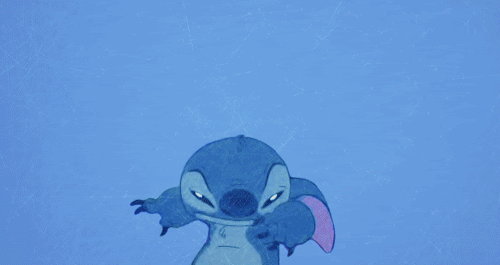 Recovery as a word has been getting to me for a couple of months now. It’s something other mental health bloggers, ambassadors and enthusiasts seem to harp on about, and it’s something that people I know insist upon. Recovery from mental illness is the end goal. It’s why we get diagnosed. It’s why we go to therapy, practice mindfulness and CBT. It’s we are prescribed anti-depressants.
Recovery as a word has been getting to me for a couple of months now. It’s something other mental health bloggers, ambassadors and enthusiasts seem to harp on about, and it’s something that people I know insist upon. Recovery from mental illness is the end goal. It’s why we get diagnosed. It’s why we go to therapy, practice mindfulness and CBT. It’s we are prescribed anti-depressants.In terms of mental health, I’ve been hoping for a recovery from this illness since I was diagnosed too. Of course I have. Wouldn’t it be great to say ‘I’ve recovered from my unfortunate depression of the past 5 years.’
But how do we actually define ‘recovery’ when it comes to mental health?
I’ve spent the last year watching as many of my friends say they're now 'better’. People wean themselves off their medication (advisably with a doctor’s guidance). They talk about how exercise ‘cured’ them. How they’re healthy again.
But I've been asking myself - why does my mental illness look so much different to everyone elses?
I've been on anti-depressants for over 4 years at this stage. And they've been great, I’ll agree. I have discussed coming off them with different doctors over the years. The general consensus has been that if they’re working, why change a good thing?
But I don't want to be on them forever if other people don’t have to be. I want to say ‘I’m better’ too.
As there remains so much stigma in and around mental health, it becomes customary to compare your journey with that of other peoples. Sharing stories and tips to deal with your mental illness are part of the process. If I hadn’t read a ‘mental health memoir’ (Shoot the Damn Dog by Sally Brampton) three years ago, I wouldn’t have understood or recognised some of symptoms and behaviours that can be common with depression in myself.
But mental illness is also unique to the person. It’s an individualised illness with a myriad of symptoms only connected by a few generally common ones. Effective courses of treatment also differ substantially from one case to the next. So vast and unknown is the mind...
When someone asks me for advice, I can only tell them what works for me, and warn them that it might not work for them.
So lately I’ve found myself wondering‘What am I doing that's wrong?’ and ‘How come I haven't been able to 'recover'?’
We have to accept that ‘recovery’ is part of the mental health experience, as so many people do get the ‘all clear’ so to speak.
But maybe some people don't recover. Maybe they can't. Which can be a scary and often overwhelming thought.
Or maybe recovery is different for everyone. But because we like to compare our mental health with others so often, that can be a hard thing to accept...
I cannot answer all of the questions I’ve raised in this post. Not only do I not know the answers, but science also struggles in the field to give any clear and definitive guidance.
But I did end up addressing my own ‘recovery’ accidentally this week. I guess you could call it a moment of epiphany. And I don’t even know what train of thought lead me to this conclusion, but here it goes:
I will always have depression. I just won't always be depressed.
There will be days of joy and happiness. These days are more common than they used to be. And the days of feeling down and numb and hopeless are less frequent. Sometimes so infrequent that I expect they’ll never come again. However, they can come back with ferocity, but I have spent the last 4 years learning how to fight back. I understand my illness better; I can identify triggers and I have resources at hand to stop the bad days hurting so much.
And if that isn’t recovery, I don’t know what is.










